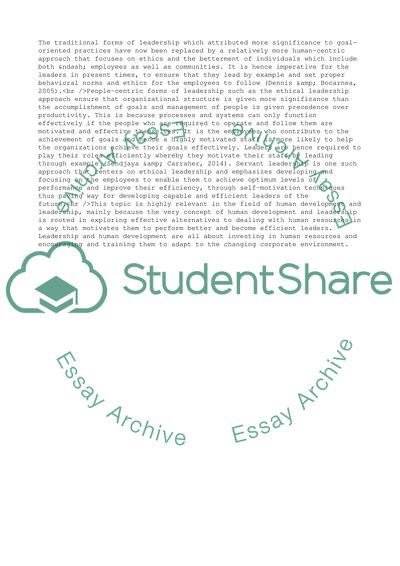Cite this document
(Impact of Servant Leadership in the Workplace Assignment Example | Topics and Well Written Essays - 1500 words, n.d.)
Impact of Servant Leadership in the Workplace Assignment Example | Topics and Well Written Essays - 1500 words. https://studentshare.org/management/1848524-research-paper
Impact of Servant Leadership in the Workplace Assignment Example | Topics and Well Written Essays - 1500 words. https://studentshare.org/management/1848524-research-paper
(Impact of Servant Leadership in the Workplace Assignment Example | Topics and Well Written Essays - 1500 Words)
Impact of Servant Leadership in the Workplace Assignment Example | Topics and Well Written Essays - 1500 Words. https://studentshare.org/management/1848524-research-paper.
Impact of Servant Leadership in the Workplace Assignment Example | Topics and Well Written Essays - 1500 Words. https://studentshare.org/management/1848524-research-paper.
“Impact of Servant Leadership in the Workplace Assignment Example | Topics and Well Written Essays - 1500 Words”. https://studentshare.org/management/1848524-research-paper.


